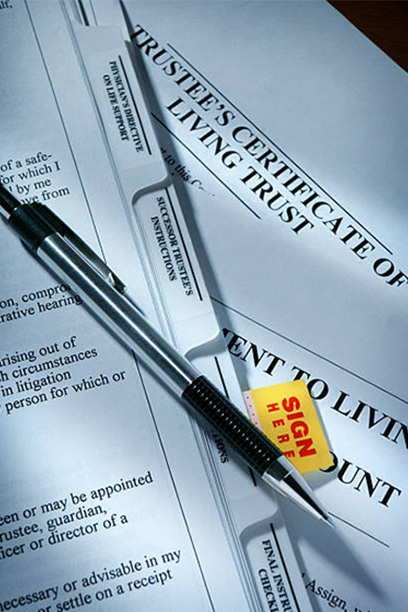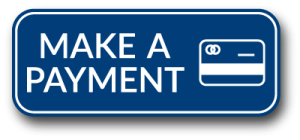People often confuse a Will and a Trust because they can be very similar. After all, they both describe who you want to handle your affairs and how to distribute your assets when you pass away. The main difference is that if you only have a written Will, then likely the process of officially determining who handles your affairs and how property passes goes through the Probate Court system. Going through the Court can often take a long time and be very expensive,
Call us today(714) 994-4900
FAQs
Frequently Asked Questions
Here are some general answers to the most Frequently Asked Questions we receive from our clients. Keep in
mind, each situation is unique so the answer here may not apply to your unique circumstances.
Do I Even Have An “Estate”?
An “Estate” is all the money and property you own at your death. This includes your bank accounts, car, real property (e.g. home, rental property), household furnishings and personal property (e.g. clothing, furniture, jewelry, art), stocks, CDs, business interests, and even intangible property such as licenses, rights, digital accounts, etc. However, some joint accounts or accounts with beneficiary designations may not be legally considered part of your estate. We can further counsel you to determine what is (or is not) part of your estate and the effect of those distinctions.
Will My Estate Go Through Probate?
In California, if your “estate” has a gross value (the whole value without subtracting any other amounts) of $166,250 or over on the date of death, then your “estate” will go through the probate process. As noted above, some items may not be part of your “estate”.
Your estate will go through the Courts whether you have a Will or not. If you have a Will, the Court will likely appoint the person you designate as your Executor to administer your estate and distribute the assets as you described in your Will. If you don’t have a Will, the law will decide for you. If you have a Trust, however, your estate may avoid the public Probate Court process altogether.
Do I Need A Trust?
The most important function of a Trust is that it keeps your estate out of the Courts when you die. But a Trust does more than that. Many people think they are not “rich” or they don’t have an “estate” so they don’t need a Trust. But a Trust can be an important tool for people who want to set aside funds, for example, their children from a prior marriage. If you have minor children, you can set aside funds for them to use at intervals (Example: a third of assets at age 25, the other third at age 30, the rest at age 35) to ensure they are protected until they can maturely handle their finances. You can also set aside funds for your children that are available only for their health, education, support, or maintenance. We would love to discuss the different ways a Trust can help you in your particular situation.
How Do I Plan For End Of Life Decisions?
A Will takes effect only when you die. But what if you are alive, but not able to take care of yourself physically or mentally? Our estate planning packages include Power of Attorney forms to work in these types of situations. The forms set out who you want to make your financial or healthcare decisions for you when you are alive but not able to do so. You can make these forms as detailed as you would like – describing your wishes as to end of life decisions (“pulling the plug”, organ donations, funeral arrangements, etc.). Writing out these wishes ahead of time can help your loved ones take the guess work out of making the tough decisions and the guilt and burden that is often associated with it.
I Have Minor Children – How Do I Make Sure They Are Taken Care Of When I’m Not Here?
The first step is to designate who the guardians of the children would be should both parents die. You may already know who you would want (or not want) to be the guardian. It is best to put things in writing to be clear and prevent family legal battles later on. You can also designate, for example, your financially savvy uncle as the guardian for the child’s finances, but your caring grandmother as the child’s guardian for health and personal matters.
You can also set up a Trust for the minor child to receive a portion of funds at interval ages (Example: a third of assets at age 25, another third at age 30, the rest at age 35). Otherwise, without a Trust or Will, a child could inherit the parents’ entire estate at age 18, when they are not mature or financially responsible enough to handle a large lump sum of money being handed to them. There are many different options to ensure your children, step children, nieces and nephews, are taken care of in the way you want them taken care of. Please talk to our attorneys to advise you in the best way to carry out your wishes.
Request a Consultation
Fields Marked With An ” *” Are Required
Sakamoto & Ruelas, APC
Secure Your Home, Family And Future. Plan Today.
Contact Us
Call Our Office At (714) 994-4900

Cerritos Office
Main Office
18115 Valley View Avenue
Suite 201
Cerritos, CA 90703
Phone: (714) 994-4900







